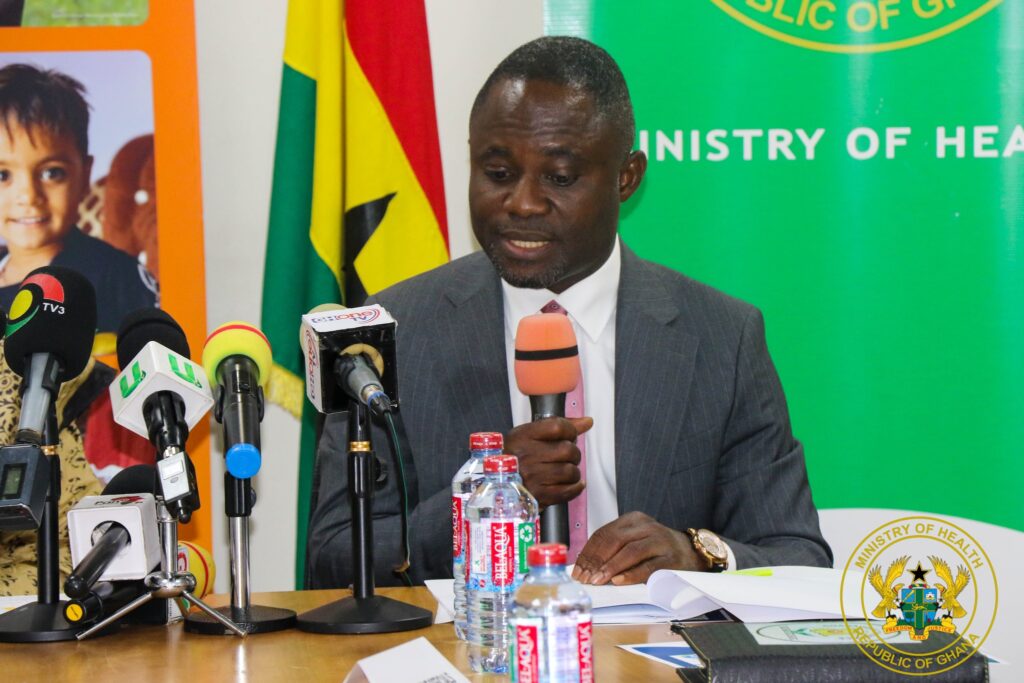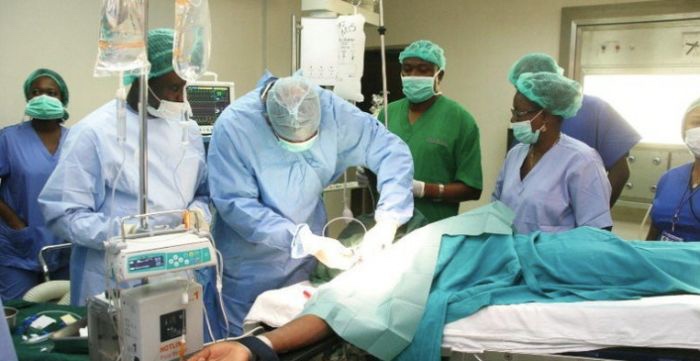The Ministry of Health has announced the implementation of additional national measures to manage the effects of the ongoing strike by the Ghana Registered Nurses and Midwives Association (GRNMA).
In a recent press release, the Ministry emphasized its commitment to maintaining healthcare service delivery across the country while negotiations continue. Isaac Ofei Baah, Head of the Public Relations Unit at the Ministry, signed the statement.
The GRNMA, one of the most influential health sector unions in the country, declared a strike to press for better conditions of service, prompting nationwide disruptions in nursing and midwifery care.
In response, the Ministry has reiterated its dedication to resolving the impasse through “all appropriate channels” and ensuring that the approved new Conditions of Service are implemented in a smooth and timely manner.
According to the Ministry, its approach to handling the strike aligns with its broader mission to ensure a healthy population as a cornerstone of Ghana’s national development.
“It has become imperative for the Ministry of Health to implement additional measures to mitigate any inconvenience that has been caused”
Ministry Of Health

In keeping with its mandate, the Ministry has identified 349 hospitals across the country, covering all 16 regions, where healthcare services remain accessible despite the industrial action. This includes CHAG institutions and quasi-government and private health facilities.
“The Ministry urges the general public to continue seeking healthcare services at various health facilities, including those where nursing services remain available, to ensure their health needs are met”
Ministry Of Health
This measure aims to prevent any healthcare gap from worsening, particularly for vulnerable populations dependent on public healthcare systems.
Although the Ministry did not indicate when a resolution might be reached, its statement underscored a firm stance on dialogue, negotiation, and maintaining essential services.
It stressed that efforts have not only been persistent but also rooted in established policy frameworks, hinting that engagement with the GRNMA has followed laid-down labor and public sector negotiation procedures.
The Ministry’s published list of operational facilities provides the public with an updated directory of alternative service providers. This is seen as a practical step to support continuity of care during the labor action.
The comprehensive list can be accessed via this link, https://t.co/WSURaVFWwg , which is also on the Ministry’s official website.

The development comes amid heightened concern over the impact of the strike on maternal health services, immunization programs, and primary health care delivery, particularly in rural areas where public facilities are often the first and only point of access for the sick.
With the Ministry having kept all the sticking points in the stalled negotiations public, it has now chosen to remain focused on its mitigation strategy rather than delve further into specifics of the bargaining table.
In its release, the Ministry reminded the public of its commitment to public health, insisting that no effort will be spared to protect access to healthcare. The Ministry’s policy is to “ensure a healthy population for national development” at all times.
The Ministry’s tone suggests that while the current situation is challenging, its institutional strategy remains anchored in service delivery, stakeholder engagement, and the minimization of public health risks.

For now, all eyes are on how quickly negotiations can resume and whether the interventions put in place will be sufficient to shield the healthcare system from systemic strain.
Healthcare seekers are encouraged to use the Ministry’s directory to locate functioning facilities offering uninterrupted services across the country.
READ MORE: UK Commits £14.2 Billion to Nuclear Power Expansion






















